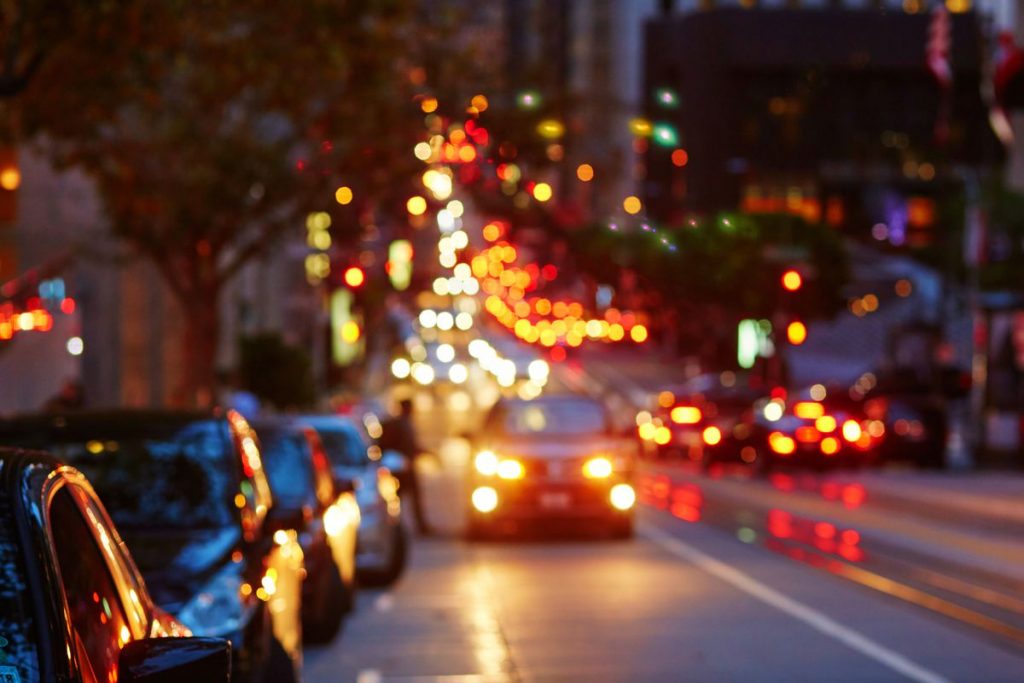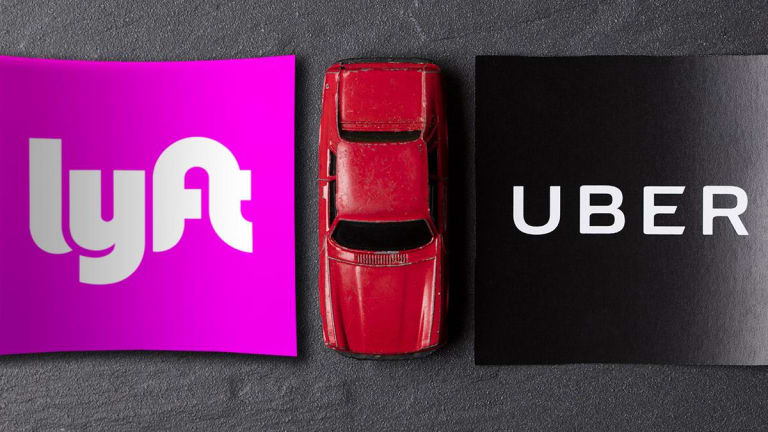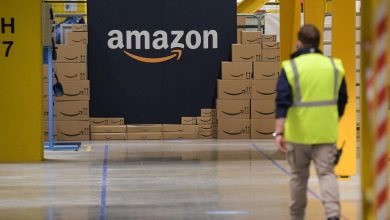
Lyft and Uber threatened to cease operations in Minneapolis following the City Council’s adoption of a new regulation on Thursday that would establish a minimum wage for rideshare drivers.
The Minneapolis City Council approved an ordinance with several rideshare worker protections, including a minimum wage for drivers of Uber and Lyft, by a vote of 7–5. The ordinance is up for veto by Mayor Jacob Frey, who has until the following Wednesday, August 23, to do so.
A minimum of $1.40 per mile and $0.51 per minute must be paid to drivers in Minneapolis, according to the proposed ordinance. Gig workers nationwide are fighting for fair pay and benefits while Minneapolis is debating the minimum wage.
States and cities have attempted to pass legislation in recent years regarding the expanding “gig economy,” or freelancing through apps like Grubhub and Uber, but have typically encountered vehement opposition.
In a letter to the Minneapolis City Council on Tuesday, Lyft warned that “should this proposal become law, Lyft will be forced to cease operations in the City of Minneapolis on its effective date of January 1, 2024.”
In a statement provided to the media on Thursday, Lyft claimed that the proposed legislation would be bad for drivers, who would ultimately earn less money, “because prices could double and only the most wealthy could still afford a ride.”
The business argued that the legislation had been “jammed through the Council” and urged Frey to veto it so that the state’s ridesharing task force could conduct its research.
Uber urged its drivers to contact the mayor and city council on Monday to request that they oppose the proposal in an email to its drivers. Uber claimed that its drivers had sent over 700 emails on Thursday, but it did not say what was contained in them.

“If this bill were to pass, we would unfortunately have no choice but to greatly reduce service, and possibly shut down operations entirely,” Uber wrote.
The expanding “gig economy,” or freelancing through apps like Uber and Grubhub, has prompted states to try and pass legislation.
In July, Uber and other food delivery services filed a lawsuit against the city, claiming the law would negatively affect delivery personnel more than it would benefit them.
Source-CNN





